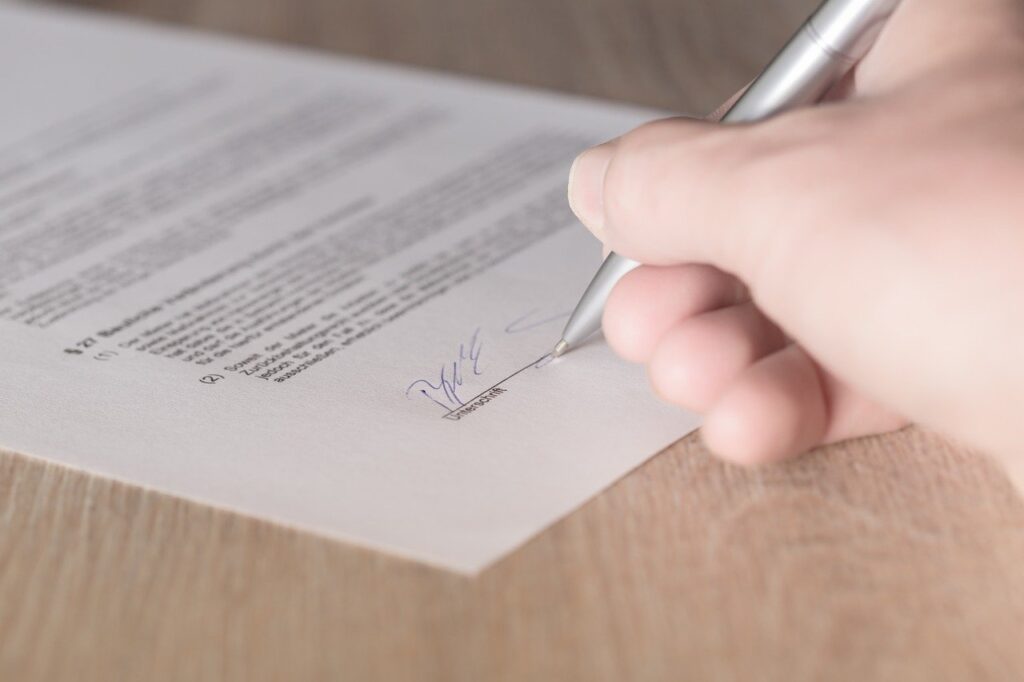When a bankruptcy client owns property with a spouse or other co-owner, of course there is a concern about how the co-owner’s interest is affected by the bankruptcy filing.
Although your assets will become property of the bankruptcy estate when you file for bankruptcy, the Chapter 7 trustee can only sell your nonexempt property to pay back your creditors if you have too much equity.
If you are filing a Chapter 13 petition, then the value of any nonexempt assets must be paid to your unsecured creditors in your repayment plan.
In almost every bankruptcy case, exemptions allow you to keep all of your assets. Any asset that you can exempt, you will be able to keep. As a result, if your jointly owned property has no equity or is fully exempt, it will not be affected by your bankruptcy.
In some cases, the trustee can sell the interest of a debtor and non-filing spouse. The trustee must pay the non-filing spouse’s interest in full.
It should be noted that if you are not in bankruptcy, the New Jersey courts have made it clear that a creditor cannot force the sale of real estate owned jointly by the debtor and his spouse in order to satisfy a judgment. Thus by filing bankruptcy, a debtor could be unintentionally exposing a jointly owned property to potential sale by the bankruptcy trustee.
The complexity of this issue underscores why you should consult experienced bankruptcy counsel to determine your rights under the Bankruptcy Code.

